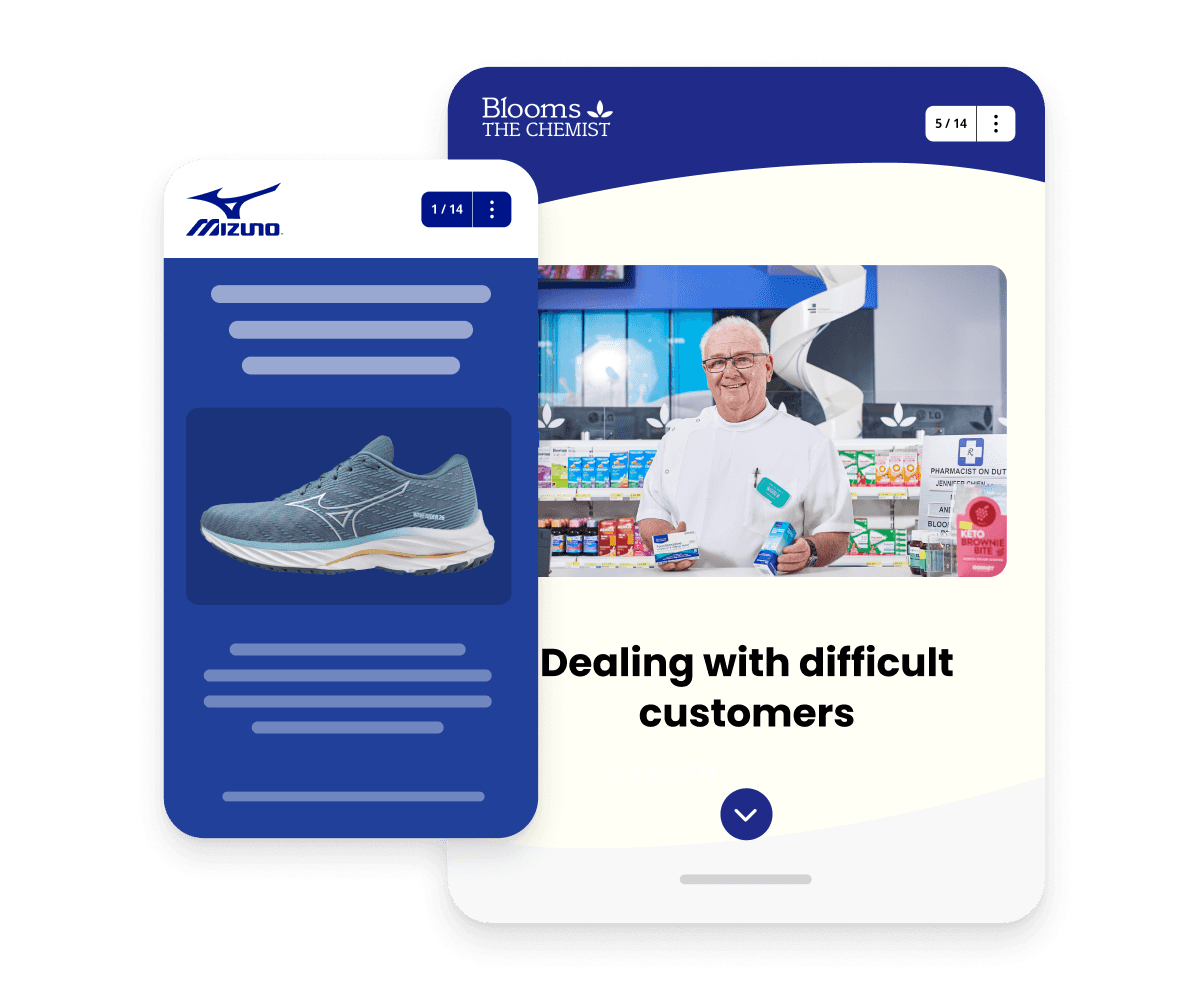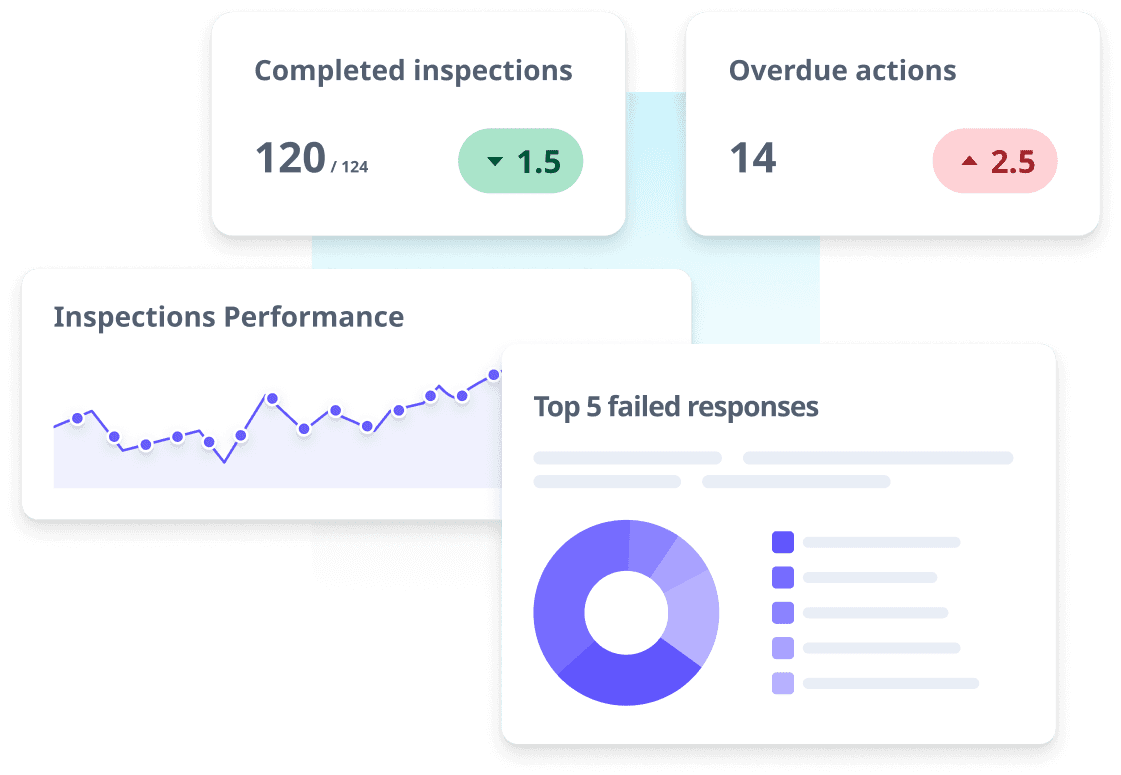“Getting SafetyCulture platform out to 760+ shops, with so many employees was surprisingly easy. It’s not often you get that in a rollout of this magnitude. We rolled it out in a matter of weeks.“
*Reported in Forrester’s study: The Total Economic Impact™ of SafetyCulture’s Operations Platform
SafetyCulture has helped businesses around the world achieve

Maintain brand standard
Deliver a great retail experience consistently by streamlining processes across all branches. Digitize brand standard assessments and training courses to communicate changes to operating procedures, visual merchandising, promotions, and more.
Minimize stock loss
Shop theft, damaged goods, and inventory stock discrepancies can result in money down the drain. Use data from completed inspections, reported issues, and sensors to spot trends, monitor inventory levels, and compare performance across stores so you can put the right measures in place.
“Now we have clear evidence that our procedures really work. When compliance is low, we see more stock loss. It’s hard to argue with that data in front of you.”


Establish waste management systems
Streamline waste management practices in your stores and warehouses with streamlined sorting and tracking workflows. Ensure every item is properly recycled, composted, or disposed of in compliance with sustainability goals. Empower your teams to implement eco-friendly practices that transform waste into opportunities for environmental impact reduction.
Monitor regulatory compliance across jurisdictions
Track jurisdiction-specific regulations and ensure full adherence. Generate on-demand reports that verify compliance and avoid costly fines or reputational risks. Protect your brand’s integrity while seamlessly navigating the shifting landscape of global sustainability standards.


Leverage sustainability reporting dashboards
Transform data and documentation into actionable insights with intuitive sustainability dashboards. Consolidate Key Performance Indicators (KPIs) and track progress toward green goals with interactive visualizations. Simplify stakeholder reporting with comprehensive visuals demonstrating your organization’s commitment to measurable, impactful sustainability practices.
Drive improvement across your stores
Explore customizable solutions ready to meet your business needs
EHS
Health & Safety Management
Keep teams safe on the job while promoting a safety culture across your organization
GRC
Risk & Compliance
Identify, evaluate and mitigate risks to your teams and assets through greater visibility and a data-driven approach.
Quality
Operational Excellence
Optimize processes and drive productivity, greater efficiencies and quality products or services at scale.
ESG
Environment & Sustainability
Digitize SOP’s, reduce waste and adapt sustainability best practices the moment conditions change.
Additional resources
Explore retail resources & solutions
Template
Sustainability Audit Checklists
Conduct streamlined checks of an organization’s sustainability practices using free sustainability audit checklists.
Template
ESG Checklist
Download this template based on the ESG checklist used by the UN Principles for Responsible Investment to guide your organization’s ESG compliance practices.
Template
Corporate Social Responsibility (CSR) Audit Checklists
Download these CSR audit checklists to improve the auditing process of your organization’s CSR practices.
Article
Retail Sustainability
Discover how retail businesses can adopt sustainable practices to reduce their environmental impact, cut costs, and meet growing consumer demands for eco-friendly solutions.
Article
Waste Management System
Learn about the meaning of a waste management system and what is involved in building an effective one for your organization.
Article
Environmental Sustainability
Explore the importance of integrating environmental sustainability into an organization’s operations and some key strategies to implement.




